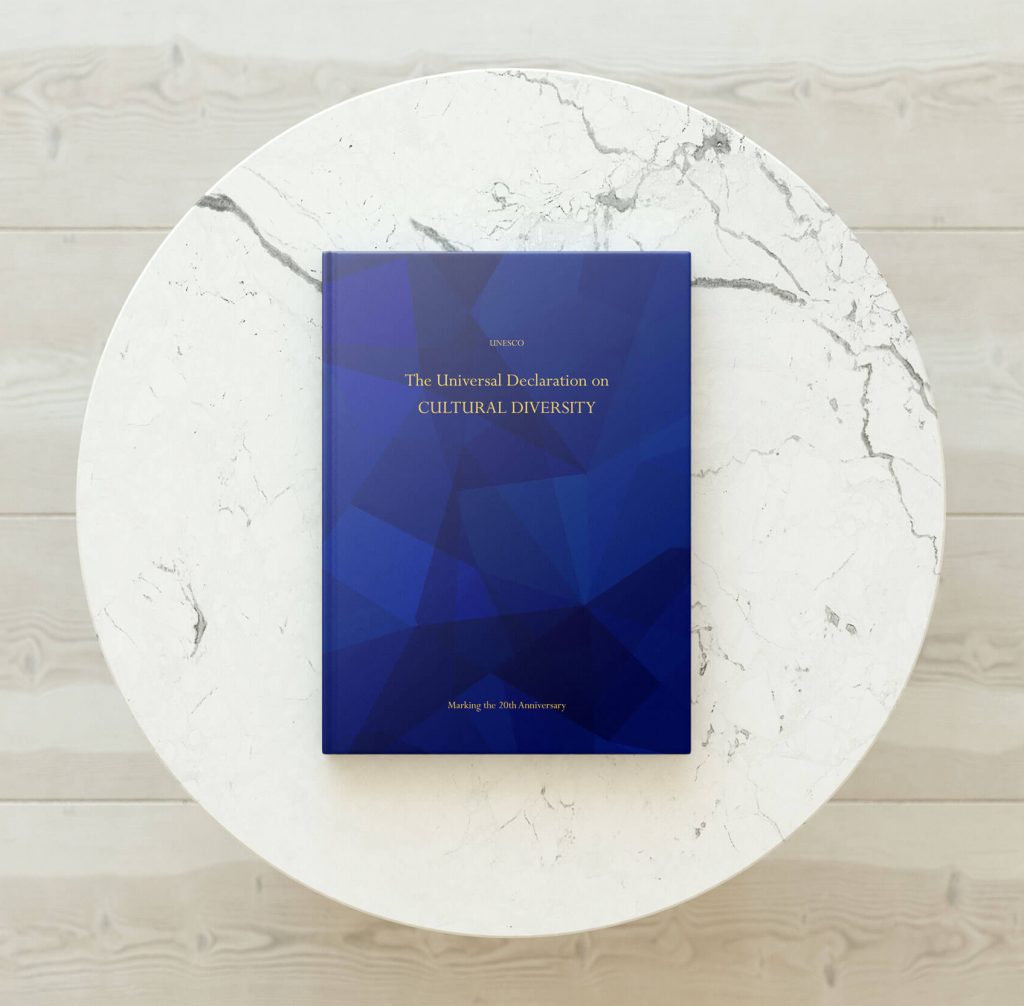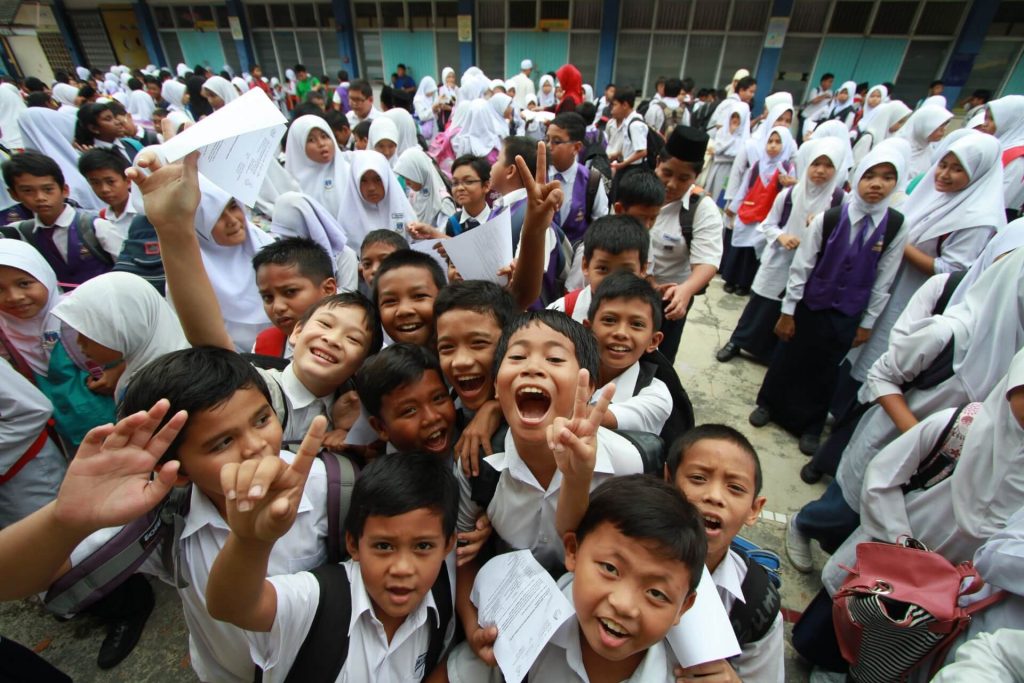
To participate, please contact us
We encourage you to nominate your exhibition, performance, lecture or special event to be part of the World Festival of Cultural Diversity.
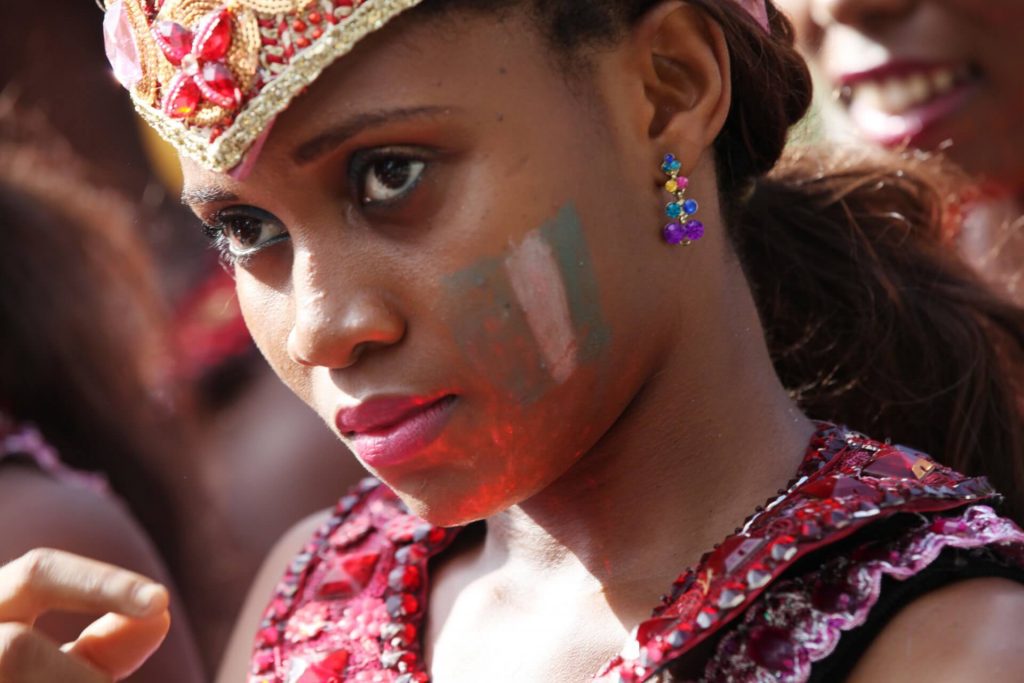

Art is one of humanity’s greatest tools for bringing people together. Its influence on our hearts, souls and minds, individually or collectively, means that it can serve as the most powerful unifying force.
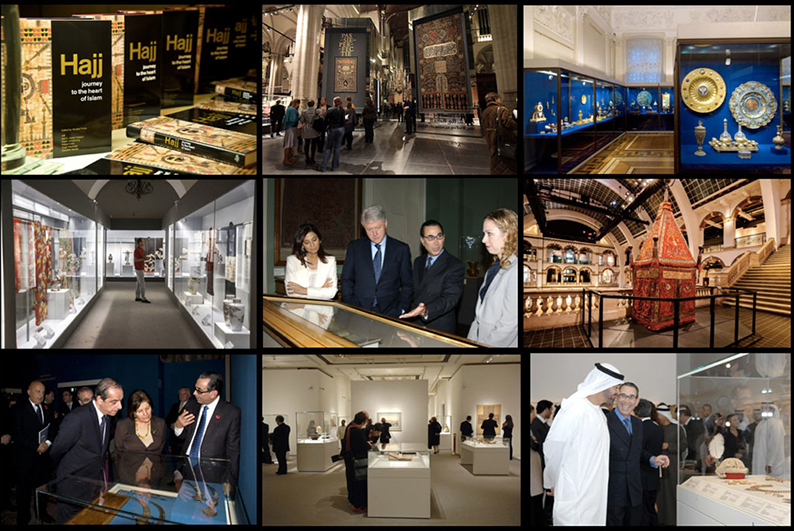
The Khalili Foundation has for many decades engaged in a form of ‘cultural philanthropy’ – the act of giving and sharing not just through conventional financial means, but also via the production and distribution of cultural knowledge. Such knowledge is produced through amassing and conserving culturally significant artefacts and then researching and digitizing them. This knowledge is then shared and distributed via publications, exhibitions and through various digital platforms.
This initiative, an ongoing project on a massive scale rarely seen amongst private institutions, would not have been possible without the diverse and rich variety of the Khalili Collections. Amassed by Sir David Khalili over five decades, they comprise eight of the world’s finest collections within their fields, comprising more than 35,000 works.
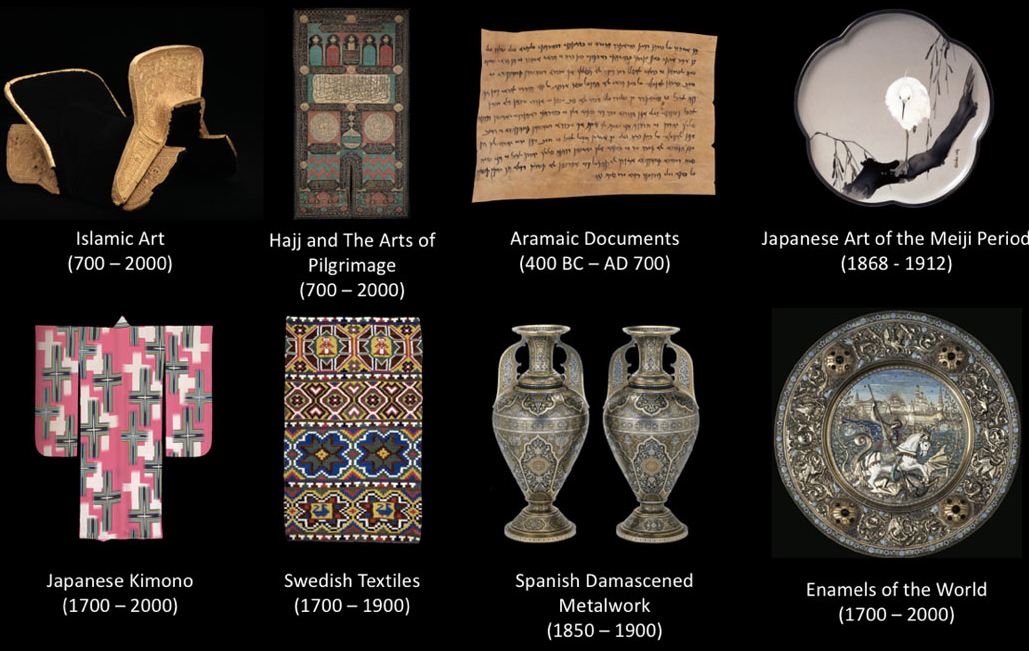
Learn more: The Khalili Collections
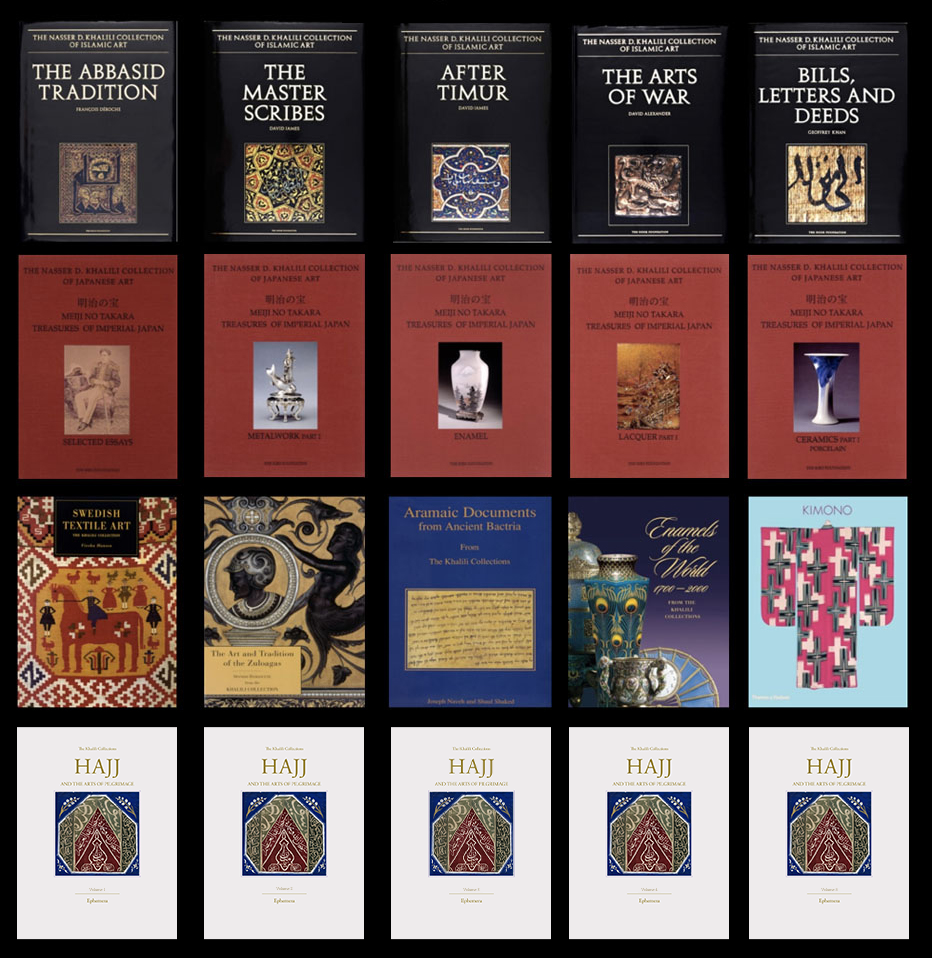
Learn more: The Khalili Collections Publications
Thus far, over 120 Exhibitions had been held at major museums and institutions worldwide, many drawing exclusively from the Khalili Collections. Moreover, these objects form the basis for one of the greatest art scholarship projects in modern history – with over a hundred volumes published across 40 years of research, together they form a monumental corpus of cultural knowledge.
To date, the Khalili Collections have become among the most viewed and shared of all private collections worldwide. This is in part due to our Wikimedian-in-Residence programme, and by extension, our groundbreaking partnership with Wikimedia UK. Given that Wikipedia is the world’s most popular platform for cultural knowledge, much of our work has been engaging with Wikimedia to raise awareness of the lesser-known aspects of cultural history online. Here are some of the milestones we are proud to have achieved in sharing open access knowledge.
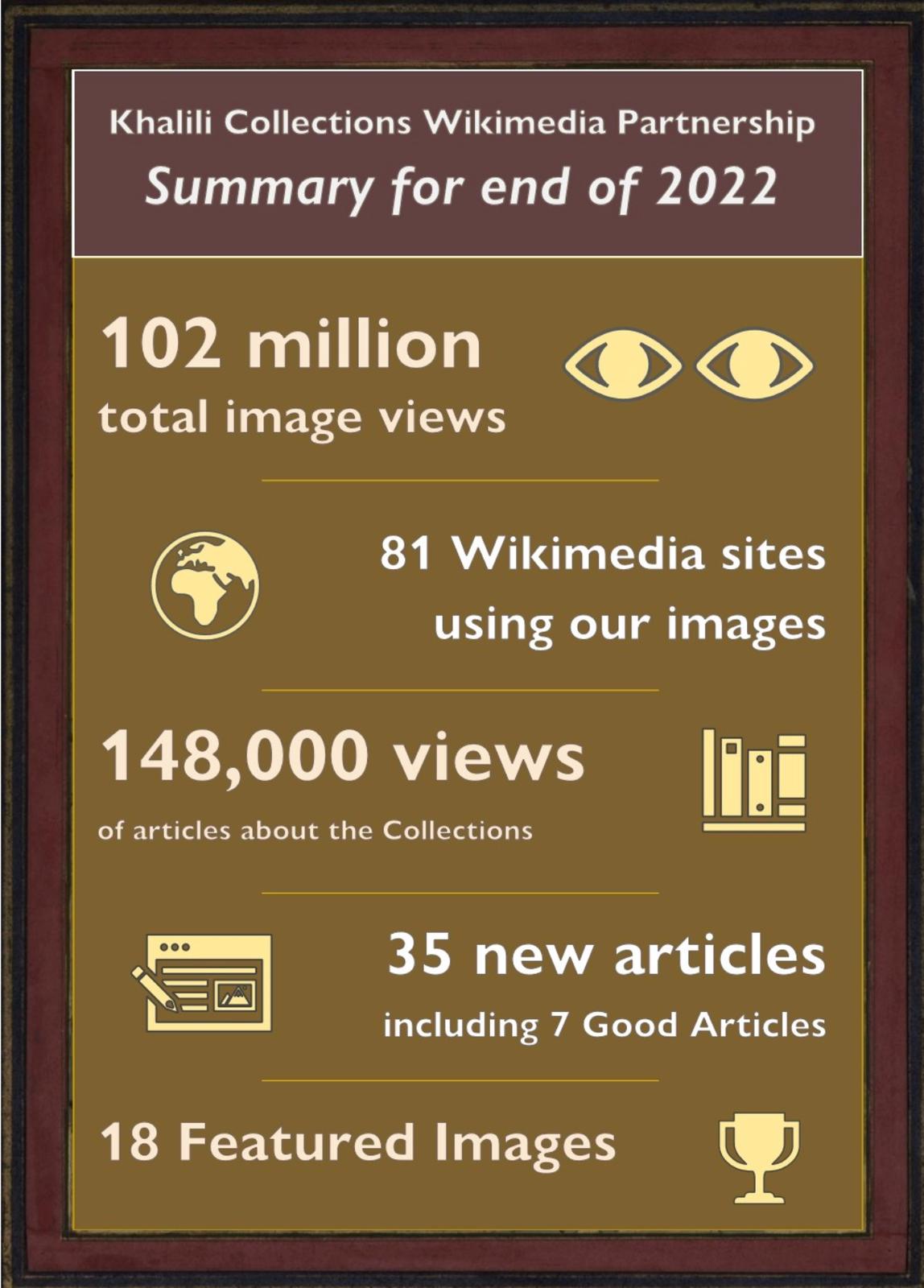
Learn more: Wikipedia
Being often hailed as one of the most culturally diverse collections in the world, we had chosen to focus our efforts on using our objects to curate stories about cross-cultural exchanges in the history of art and to show the interconnectedness of the human family.
Some of these efforts had been shared and enjoyed by many online via our partners Google Art & Culture and Europeana, amongst others.

The Unique Influence of Japanese Meiji Art on European Modern & Contemporary Art.
The social history of the Kimono represents a unique cultural exchange betwee Japan and Europe.
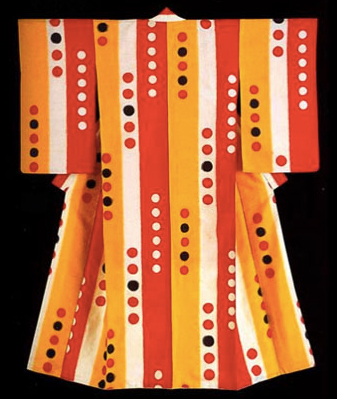
Kimono from the Khalili Collections, as shown in the article on Europeana.
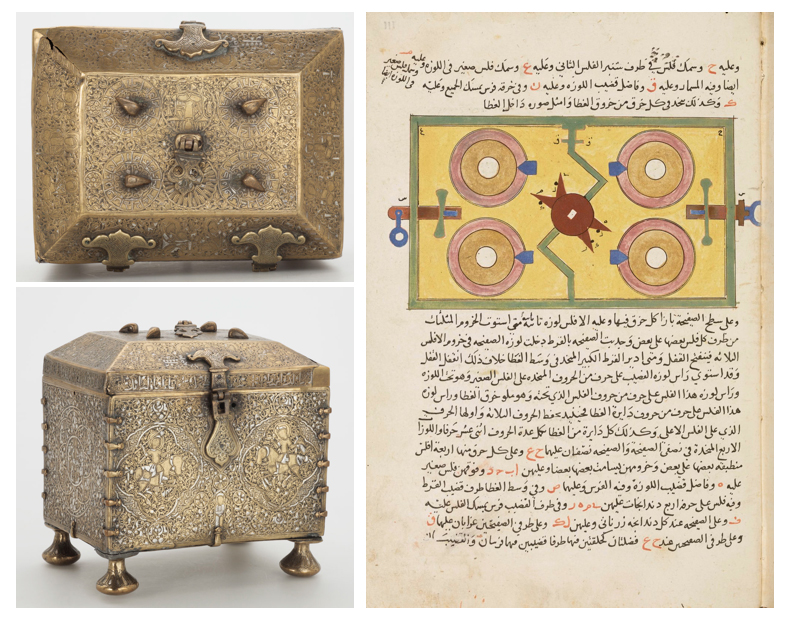
Uncover the story of the 12th century polymath who laid the groundwork for modern engineering, hydraulics and robotics.
Stories of women’s aspirations, support for one another and hidden power.
The Nasrid dynasty was the last Muslim dynasty in the Iberian Peninsula, ruling the Emirate of Granada from 1230 until 1492. Today, the most visible evidence of the Nasrid dynasty is the Alhambra palace complex which has influenced generations of creators.
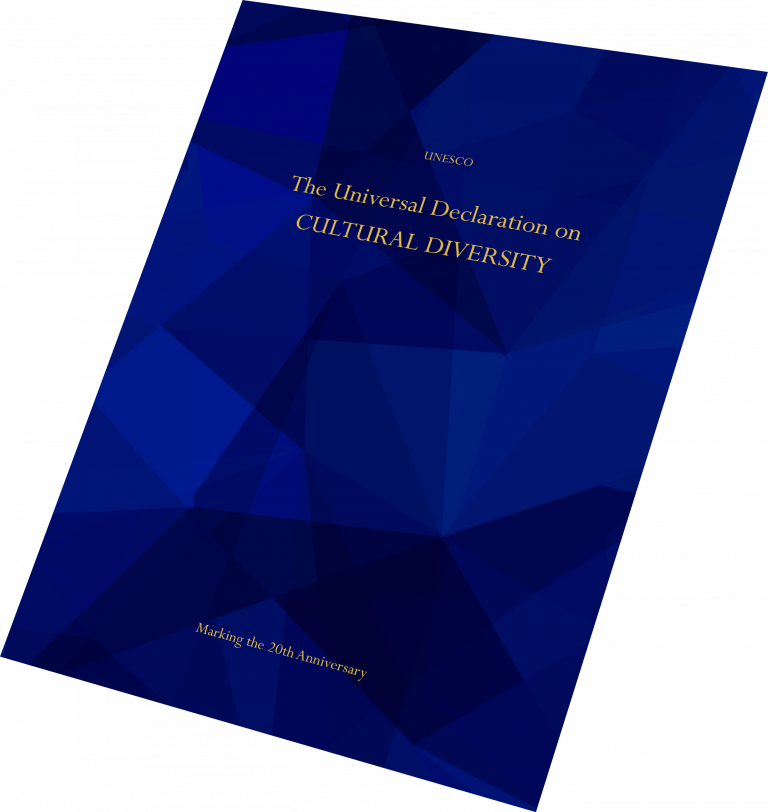
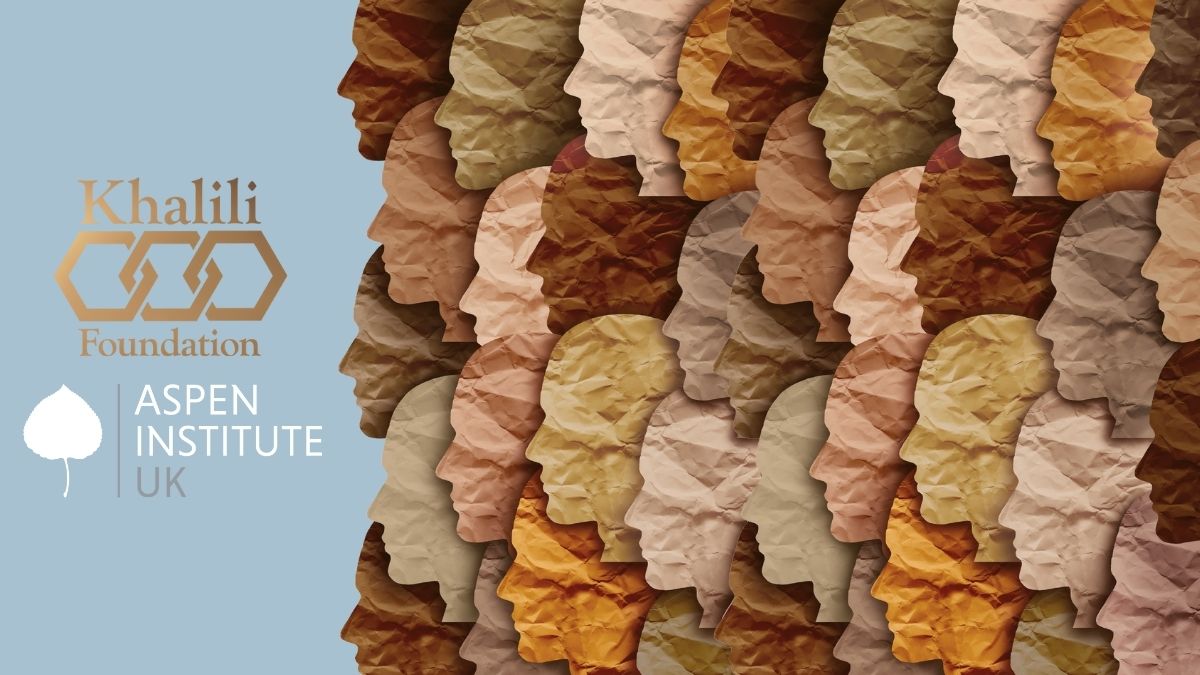
The Khalii Foundation recently published the Universal Declaration on Cultural Diversity 20th anniversary book, published in association with UNESCO.
We are also curating the World Festival of Cultural Diversity, which includes a partnership with Aspen Institute UK to arrange 6 seminal webinars, each with a stellar panel discussing a particular aspect of cultural diversity.
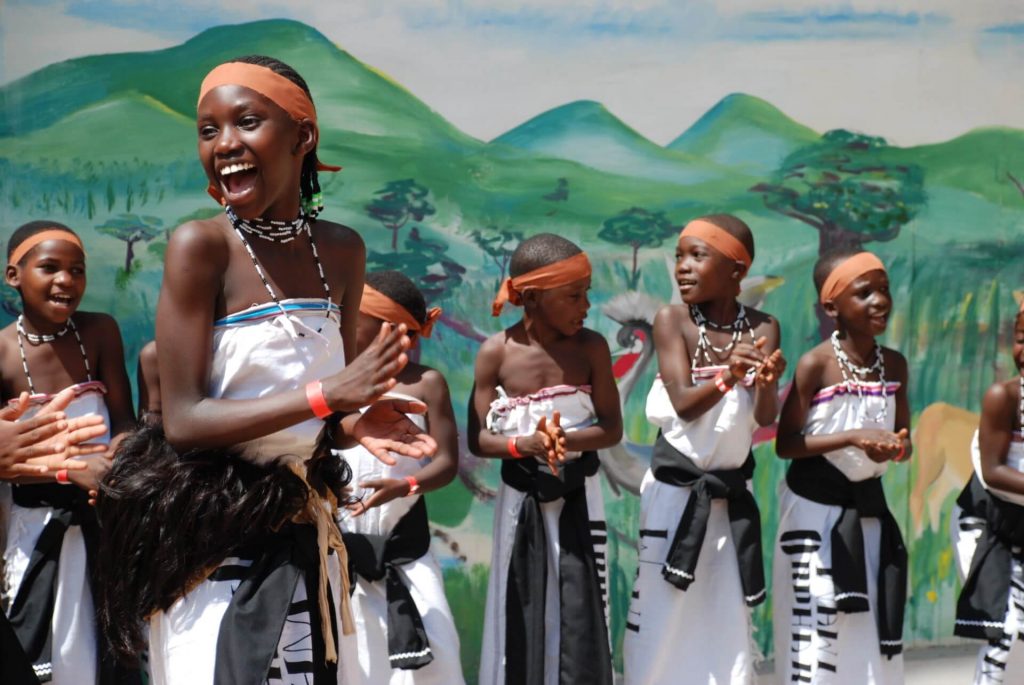
We encourage you to nominate your exhibition, performance, lecture or special event to be part of the World Festival of Cultural Diversity.
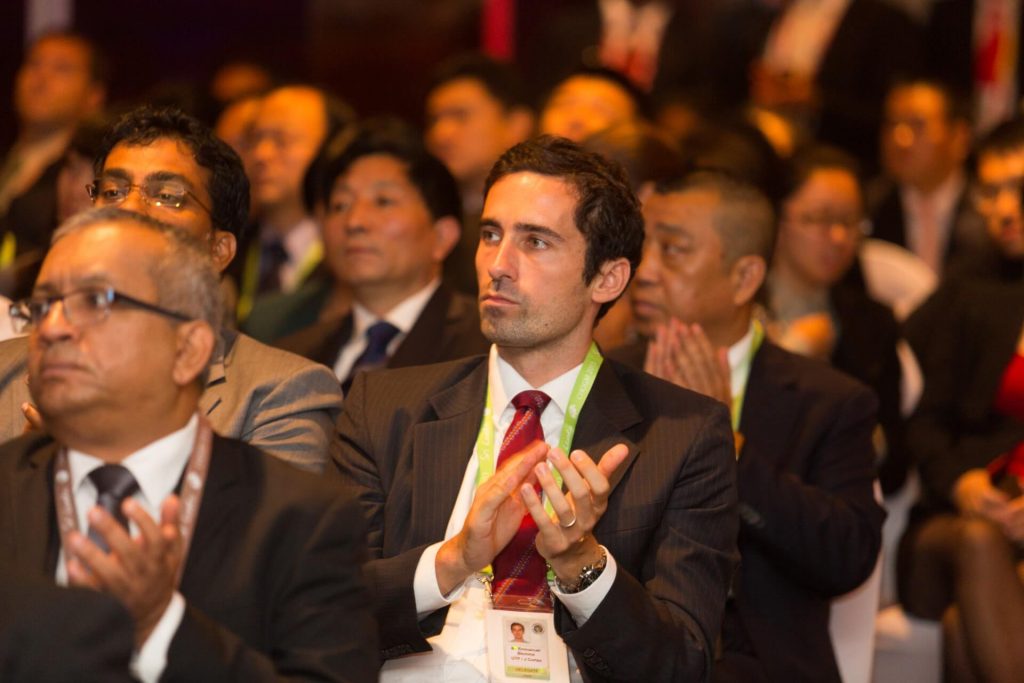

We encourage you to nominate your exhibition, performance, lecture or special event to be part of the World Festival of Cultural Diversity.

© 2025 Khalili Foundation. Proudly supported by: Nocturnal Cloud
